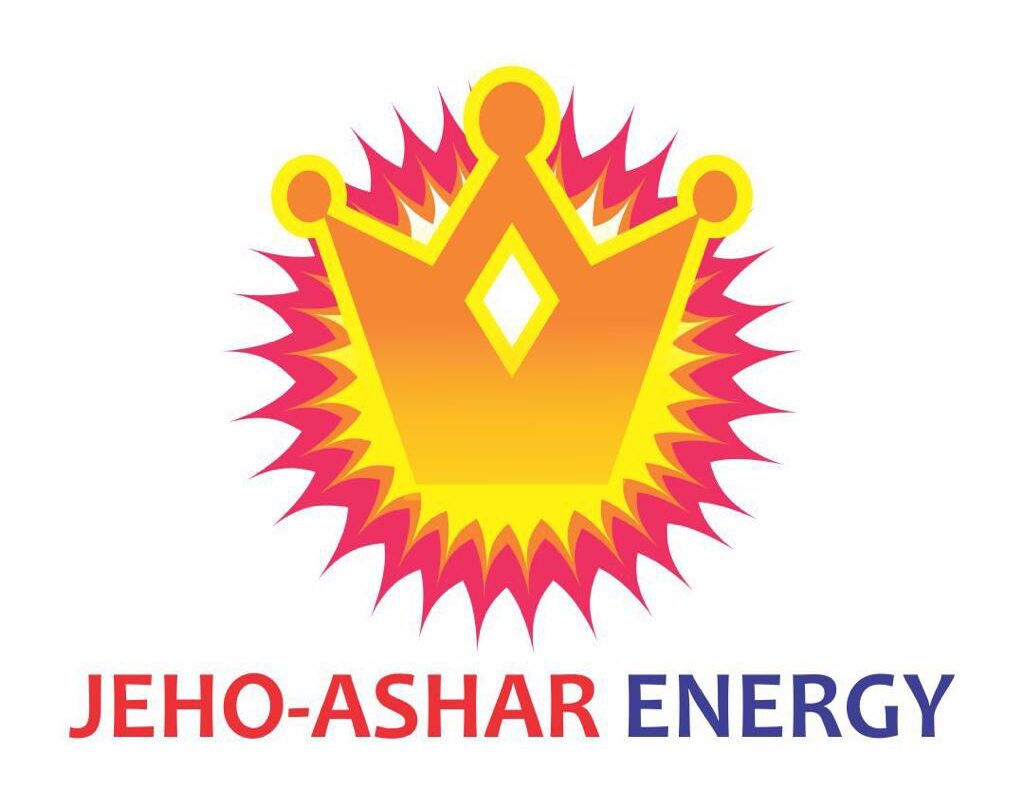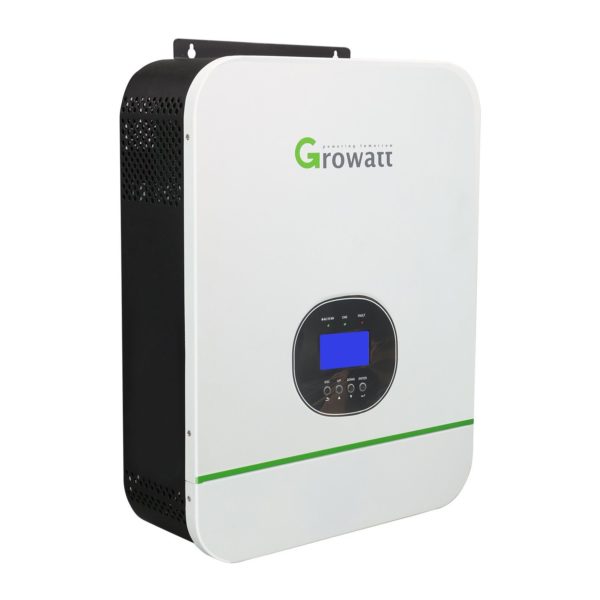 What Is MPPT — and Why It Saves You More Money Than You Think
What Is MPPT — and Why It Saves You More Money Than You Think
 What Is MPPT?
What Is MPPT?
MPPT stands for Maximum Power Point Tracking — a smart feature found in modern charge controllers and hybrid inverters.
Its job?
 How Does MPPT Work?
How Does MPPT Work?
Solar panels don’t produce constant power. Their output fluctuates based on:
- Temperature
- Angle of the sun
- Cloud cover
- Voltage/current relationship (called the I-V curve)
MPPT “tracks” the optimal voltage and current combo in real time to ensure you’re harvesting the maximum possible power.
It’s like a smart driver constantly adjusting gears to stay at top speed—even on a hilly road.
 MPPT vs PWM: What’s the Difference?
MPPT vs PWM: What’s the Difference?
| Feature | MPPT | PWM (older tech) |
|---|---|---|
| Efficiency | 96–99% | 70–85% |
| Best For | High-power systems | Small, low-budget setups |
| Price | Higher upfront | Cheaper, less efficient |
| Use Case | Lithium batteries, 24V/48V systems | Small 12V setups |
Jeho Ashar Energy uses MPPT controllers and inverters as standard in all solar + battery systems for better ROI and reliability
 Why MPPT Saves You More
Why MPPT Saves You More
 1. More Power Output Daily
1. More Power Output Daily
Even with:
- Partial shading
- Morning/evening sun
- Temperature swings
An MPPT controller adjusts for peak efficiency, which adds up to more units (kWh) over time.
 2. Faster Battery Charging
2. Faster Battery Charging
MPPT sends higher current to your batteries, meaning:
- Faster recharging
- Less generator backup
- Longer battery life (especially lithium)
 3. Lower Panel Count (Sometimes)
3. Lower Panel Count (Sometimes)
With MPPT, you may need fewer panels to achieve the same output compared to a PWM system.
That means lower racking costs, fewer connections, and less roof space used.
 4. Future-Proofing
4. Future-Proofing
MPPT works better with:
- Lithium batteries
- High-voltage arrays
- Smart energy monitoring
- Hybrid systems (solar + grid + generator)
Jeho Ashar Energy installs hybrid inverters with built-in MPPT for all mid- to high-tier clients.
 Common Mistake: People Buy Panels But Ignore the Charge Controller
Common Mistake: People Buy Panels But Ignore the Charge Controller
You can have the best solar panels, but if your charge controller isn’t MPPT, you’re throwing away power — especially during peak sun.
 Real-World Example
Real-World Example
A Jeho Ashar client in Kaduna switched from a 40A PWM to a 60A MPPT:
- Same panels
- Same battery bank
- +25% power gain during mid-day hours!
 Pro Tip: Look for This on Your Inverter/Controller
Pro Tip: Look for This on Your Inverter/Controller



 Final Takeaway
Final Takeaway
MPPT isn’t just a fancy feature — it’s the brain of your solar system.
If you want maximum power, battery health, and long-term savings, MPPT is non-negotiable.
Jeho Ashar Energy includes MPPT by default — because we build systems that last and perform.







